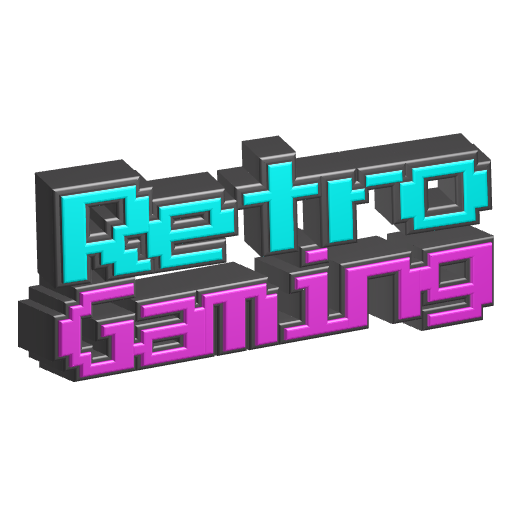

Oracle was never really innovative on a technical level , it’s first and foremost a company focused on selling licenses, and they’re really innovative in that regard but if you fall for that as a company, I have no pity, this is their whole schtick.
Big companies in general are often rather conservative in nature while innovation happens on smaller scale and later expands.
The big problem is rather that a lot of innovation has been absorbed by the big companies via buyouts, especially when money was cheap to borrow. Innovation bears risk, buying an established solution and milking existing users much less so.
I don’t think the users are without blame. A lot of people ignore the red flags when a solution is just convenient enough (we need the commercial support / this exactly covers our use case so we don’t have to hire someone to adapt it / …) and the vendor then cashes out when moving away from his solution would be really expensive.
I think there’s still a lot of innovation lately, but a lot people are just looking for the next big thing that does everything it feels like.






Alright, not that I wrote or implied that anywhere… In fact Java was probably the whole reason Oracle bought Sun to gain leverage over Android. Which fits very much into what I wrote - one company innovates, another one buys them to squeeze users (Google wasn’t a customer of Sun, they used their own implementation which wasn’t exactly Java but also not exactly anything else). Just that Sun by all means wasn’t a small company, I mean they controlled almost a full stack with their own processors (SPARC), workstations and servers (Blade was somewhat famous), an operating system with Solaris (and if you want to count it even JavaOS) and Java on top of those, and they contributed a lot of technology like NFS, ZFS (license discussions aside). On the other hand, when they bought someone, the product wasn’t just milked to death, but actually integrated into their stack and continued to be developed in the open.
Shame it turned out that way, I guess Sun was a bit overleveraged with how much they did vs. how much they made from it. And to think that Oracle paid less than a fifth than what Twitter sold for later for all of that technology to go to waste, just for a chance to sue Google… But we long as suits continue to license their stuff because they have cool advertisements at airports, this will keep going.